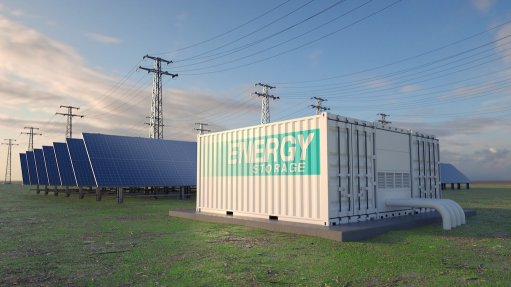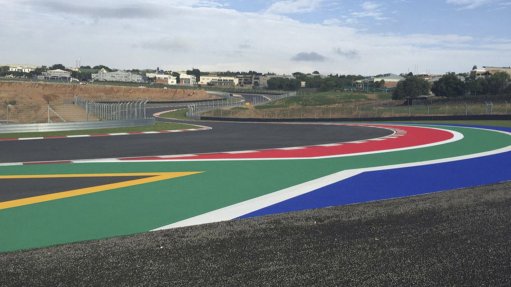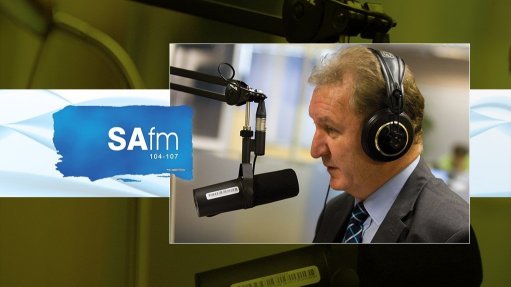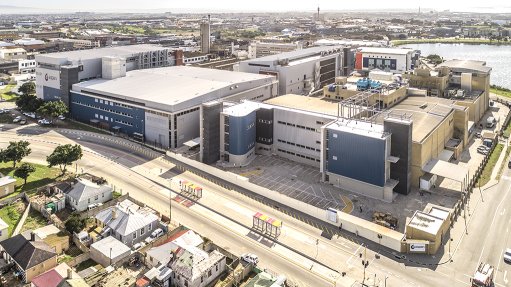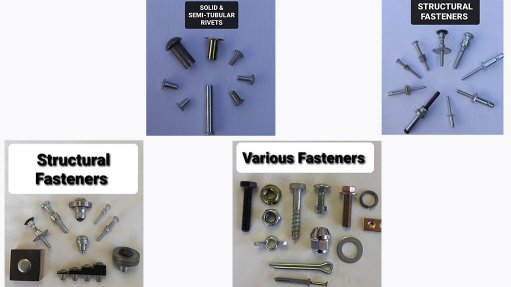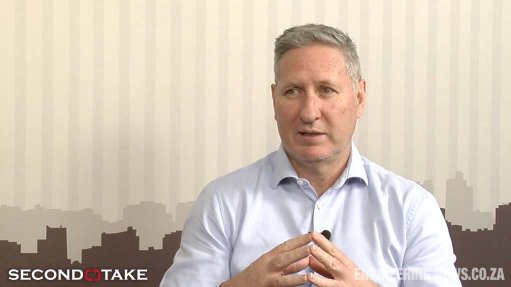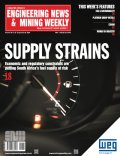PVC recycling increased 9.5% in 2020 - SA Vinyls
Industry association the Southern African Vinyls Association (SAVA) has welcomed the plastics recycling report for 2020 released by industry organisation Plastics SA, indicating that the recycling of polyvinylchloride (PVC) or vinyl products in South Africa recorded a year-on-year increase of 9.5% in 2020.
Despite difficult trading conditions owing to global raw material shortages and supply chain issues, high material costs, interrupted electricity supply owing to load-shedding and the ravaging effects of Covid-19 on the industry, PVC was one of the only plastic polymers in the country for which recycling figures increased, SAVA says.
The total domestic demand for PVC in 2020 was 141 800 t, of which 76 000 t went into the manufacturing of rigids, such as compounds or dry blends, and 65 800 t for flexibles.
Although the virgin market decreased by 8.2% during 2020, 21 433 t of PVC were recycled, of which 13 440 t were flexible (PVC-P) and 7 992 t were rigid (PVC-U).
South Africa currently has more than 40 recyclers that granulate and pelletise vinyl products for reuse in flooring and tiles, shoe soles or other PVC products.
The biggest market, at 40%, for PVC recyclate continues to be the footwear industry, where it is used to manufacture shoes, soles and gumboots, followed by the building and construction industry, at 38%, and agriculture, at 12%, says SAVA CEO Monique Holtzhausen.
“Vinyl is primarily used to manufacture products that have long lifespans (20 to 50 years, or more), such as water pipes and plumbing accessories, floors, window and door profiles, cables and wiring, sports equipment, furniture and a range of lifesaving medical devices,” she notes.
Only 12 600 t, or 9 %, of the locally consumed PVC goes into packaging such as bottles, thermoformed punnets, blister packs, clingfilm and other flexible packaging. Although a small-volume polymer packaging material, it is important to note that it has very specific and necessary application values. All of these vinyl products are recyclable, in high demand by recyclers and help to reduce the amount of energy and raw materials needed to produce new products, she says.
“Because PVC products need minimal maintenance, they require very little additional energy, raw materials and chemicals to ensure their continued functionality. Most vinyl products have the added advantage of remaining in use for a long period before they enter the waste stream.
"It has also been calculated that carbon dioxide savings of up to 92% are achieved when PVC is recycled, and that recycled vinyl products have an energy demand that is typically between 45% to 90% lower than virgin PVC production, depending on the type of PVC and the recycling process.”
The past two years have seen the global PVC supply badly impacted by the pandemic, lockdown measures, hurricanes and other natural disasters in the northern hemisphere, as well as other domestic and international events. This has resulted in low production of chlorine, raw material shortages and PVC prices reaching a 35-year high.
However, on the flip side, it has also helped to drive the demand for recyclate, improve cradle-to-cradle infrastructure and develop the circular economy, says Holtzhausen.
“Although many end-markets have already been developed both for flexible and rigids, it is clear that more can be done. Our local recyclers are encouraged to continue developing and improving their recycling technologies in order to produce a consistent supply of good quality material that meets international standards.
“We also need to improve our collection methods and infrastructure. For this to happen, we need the buy-in of brand owners and retailers to ensure that we get back the vinyl packaging that they sell in order to effectively close the loop and thereby reduce our dependence on imports and virgin raw materials,” she concludes.
Comments
Press Office
Announcements
What's On
Subscribe to improve your user experience...
Option 1 (equivalent of R125 a month):
Receive a weekly copy of Creamer Media's Engineering News & Mining Weekly magazine
(print copy for those in South Africa and e-magazine for those outside of South Africa)
Receive daily email newsletters
Access to full search results
Access archive of magazine back copies
Access to Projects in Progress
Access to ONE Research Report of your choice in PDF format
Option 2 (equivalent of R375 a month):
All benefits from Option 1
PLUS
Access to Creamer Media's Research Channel Africa for ALL Research Reports, in PDF format, on various industrial and mining sectors
including Electricity; Water; Energy Transition; Hydrogen; Roads, Rail and Ports; Coal; Gold; Platinum; Battery Metals; etc.
Already a subscriber?
Forgotten your password?
Receive weekly copy of Creamer Media's Engineering News & Mining Weekly magazine (print copy for those in South Africa and e-magazine for those outside of South Africa)
➕
Recieve daily email newsletters
➕
Access to full search results
➕
Access archive of magazine back copies
➕
Access to Projects in Progress
➕
Access to ONE Research Report of your choice in PDF format
RESEARCH CHANNEL AFRICA
R4500 (equivalent of R375 a month)
SUBSCRIBEAll benefits from Option 1
➕
Access to Creamer Media's Research Channel Africa for ALL Research Reports on various industrial and mining sectors, in PDF format, including on:
Electricity
➕
Water
➕
Energy Transition
➕
Hydrogen
➕
Roads, Rail and Ports
➕
Coal
➕
Gold
➕
Platinum
➕
Battery Metals
➕
etc.
Receive all benefits from Option 1 or Option 2 delivered to numerous people at your company
➕
Multiple User names and Passwords for simultaneous log-ins
➕
Intranet integration access to all in your organisation






